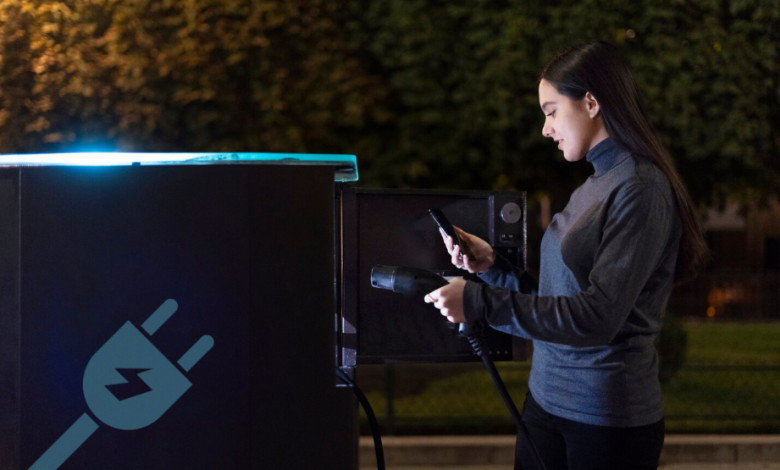
When it comes to enjoying the open waters, your adventure is only as reliable as the battery that powers your vessel. A marine battery is a crucial piece of equipment, whether you’re fishing, sailing, or simply cruising. Choosing the right battery can significantly impact your time on the water, and understanding the various factors at play is essential. Here are the top seven considerations you’ll want to keep in mind when purchasing a marine battery.
- Type of Marine Battery
Marine batteries typically fall into two main categories: starting batteries and deep-cycle batteries.
Starting Batteries
These are designed to provide a quick burst of energy to start your engine. They usually have a higher cranking amp rating but are not built for extended discharging.
Deep-Cycle Batteries
Deep-cycle batteries, on the other hand, are crafted to provide a steady amount of power over longer periods. They are ideal for powering electronics, trolling motors, and other accessories on your boat.
It’s vital to assess your needs based on how you plan to use your boat. For more versatility, you might even consider a dual-purpose battery that combines features from both types.
- Size and Weight
Size matters, particularly in marine applications where space and weight are limited. The physical dimensions of the battery must fit your designated battery space.
Weight Considerations
Keep in mind that heavier batteries often provide more capacity; however, this can also affect your boat’s balance and performance. Always consult your boat’s specifications for the ideal battery size and weight.
For those interested in exploring a variety of marine battery options tailored for these conditions, browse marine battery options here.
- Amp Hour Rating
The amp hour (Ah) rating indicates how much energy a battery can store and how long it can provide power. If you regularly use electronics that require a significant amount of power, such as fish finders or GPS units, a higher Ah rating will serve you better.
A good benchmark is to calculate your boat’s power requirements and choose a battery with a suitable Ah rating that accommodates your usage.
- Maintenance Requirements
Marine batteries require different levels of upkeep.
Maintenance-Free Options
For many boaters, the allure of maintenance-free batteries is strong. These are typically absorbed glass mat (AGM) or gel batteries that require little to no maintenance beyond an occasional inspection.
Flooded Lead-Acid Batteries
In contrast, flooded lead-acid batteries require regular water checks and topping up. Depending on your commitment to maintaining your battery, this might influence your choice.
- Starting Power
If you’re opting for a starting battery, evaluate its cold cranking amps (CCA) rating. A higher CCA rating means the battery is better equipped to start your engine in cold conditions—a significant factor to consider if you’re boating in cooler climates.
Look for a battery that not only meets but exceeds your engine’s cranking requirements to ensure reliability.
- Environmental Considerations
Marine environments can be particularly harsh on batteries. Corrosive saltwater, intense sunlight, and fluctuating temperatures can all affect battery life and performance. Choosing a battery designed specifically for marine conditions will offer greater durability.
Consider features like:
- Corrosion-resistant materials
- Sealed construction for protection against splashes and humidity
- Ventilation systems to handle gas build-up
- Warranty and Brand Reputation
Lastly, don’t overlook the warranty and the brand’s reputation. A solid warranty can provide peace of mind, especially considering that a marine battery is a significant investment. Research brands known for reliability and quality, and look for customer reviews to gauge performance over time.
A reputable brand often invests in engineering and customer support, crucial aspects if you encounter any issues.
Conclusion
Investing in a marine battery is not just a purchase; it’s a decision that could determine the quality of your time on the water. By considering these seven factors—battery type, size and weight, amp hour rating, maintenance, starting power, environmental resilience, and reliability of the brand—you’ll be well-equipped to make an informed decision.
When you select the right battery, it ensures a more enjoyable and worry-free experience, allowing you to focus on what truly matters: your time on the water. Always take the time to research your options, as the right battery can enhance your adventures for years to come.




